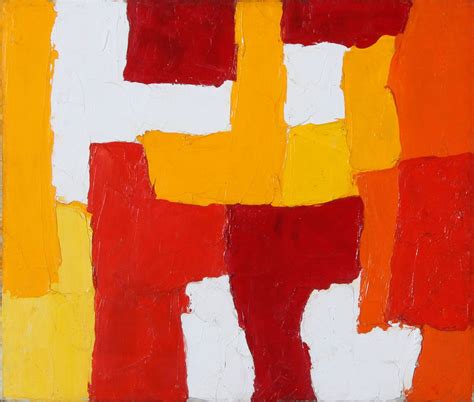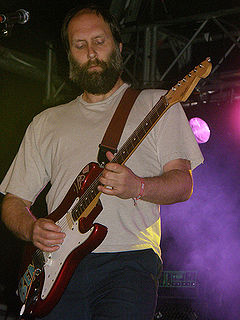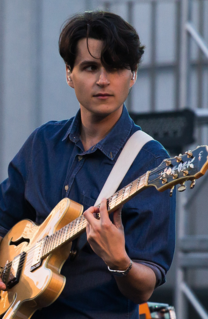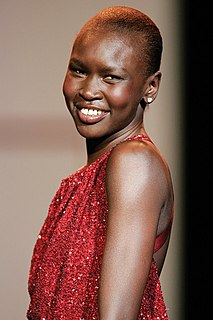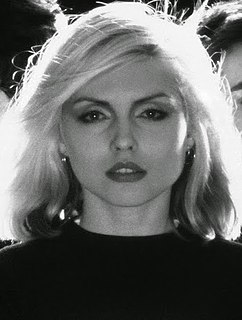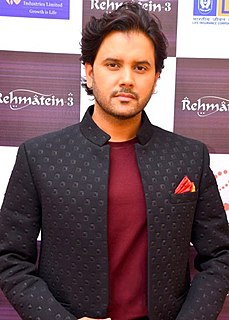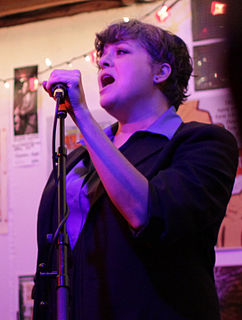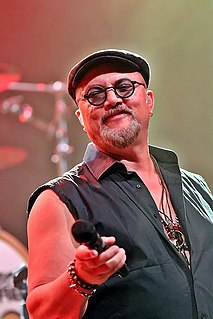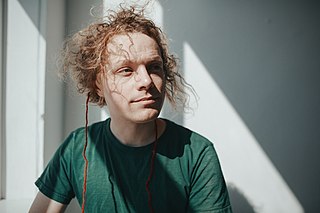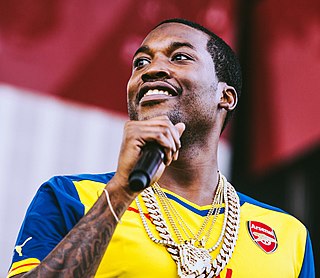A Quote by Guido Molinari
Just listening carefully to what the musicians are really doing, putting the music in the right time... I became aware of the degree to which time, and therefore duration, was important in music and in art. It had a direct influence on my painting.
Related Quotes
I've always loved to paint - I was studying to do an art degree when I was approached to become a model - and I've being doing some design work as well. I also love just having a quiet time, sitting in my little library at home in Brooklyn and reading or watching documentaries or listening to music.
I never quite lived up to the image of the black man as I saw it growing up. I was never listening to the right music at the right time or wearing the right clothes at the right time. I was still listening to Michael Jackson, and everyone had sort of moved on to gangster rap. Alanis Morissette when everyone else was listening to En Vogue.
If I had to spend equal time doing paintings, and equal time going to galleries and doing art business, and equal time making music, and equal time going to record companies, or to the publicist or to the lawyer, forget it. It would take four times as long to do all that stuff. Unless I had a patron. That's why Leonardo da Vinci was successful. He had the Medicis, right?
I used to listen to music from the frosting down. As a word nerd, lyrics are really important to me, and then the melody. Playing in the Rock*A*Teens was the first time I ever heard music from the bottom up. I was hearing songs I'd heard a million times on oldies radio, and I'd be like, "Wow, listen to what the bass is doing!" When I was first singing in bands, I'd just get out there with my machete, wildly whacking away at the foliage. But you learn how to listen. When I feel I'm doing it right, it's 90% listening and 10% output. It's not "look what I can do!"
I'd been making music that was intended to be like painting, in the sense that it's environmental, without the customary narrative and episodic quality that music normally has. I called this 'ambient music.' But at the same time I was trying to make visual art become more like music, in that it changed the way that music changes.
I think I'm really part of a whole generational movement in a way. I think a lot of other people since and during this time have gotten interested in writing what we can still call experimental music. It's not commercial music. And it's really a concert music, but a concert music for our time. And wanting to find the audience, because we've discovered the audience is really there. Those became really clear with Einstein on the Beach.
If politically infused music is denied airplay, music reviews or festival stage time because it is considered "politics" rather than "art", then there will be no music left to ban. It will never reach the surface anyway, not to the larger audience. I believe that there is a high degree of censorship in the west, most importantly in the form of self-censorship among musicians themselves. This is why what you hear on the radio is - increasingly often - pure and toothless entertainment. Almost by definition, there's nothing left in pop music worth banning.
